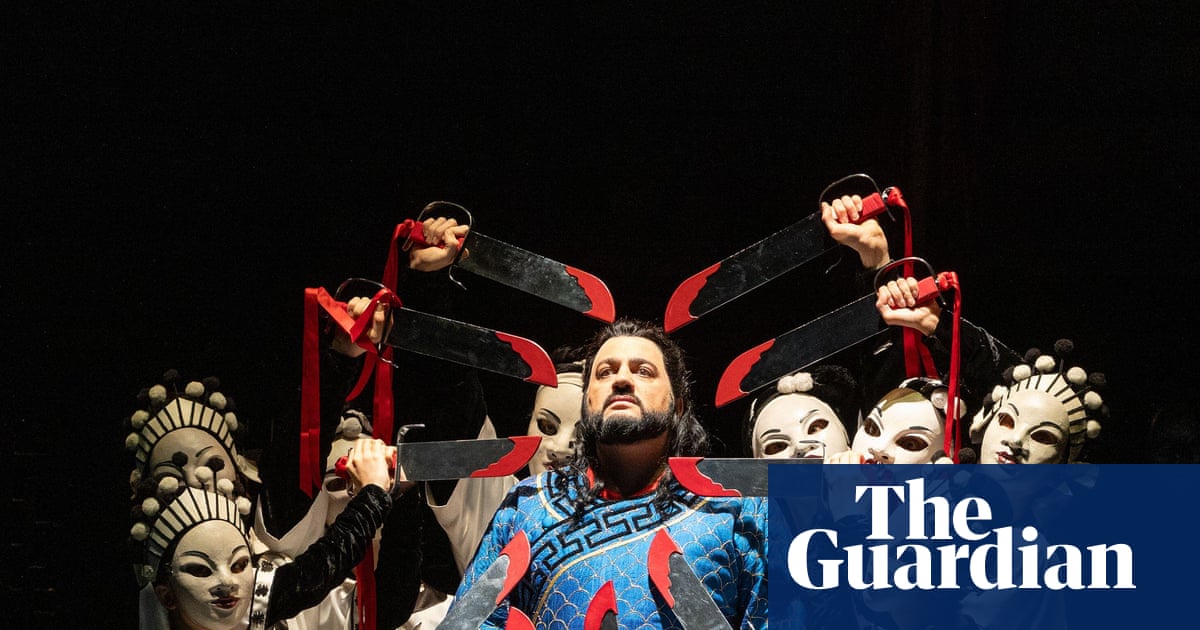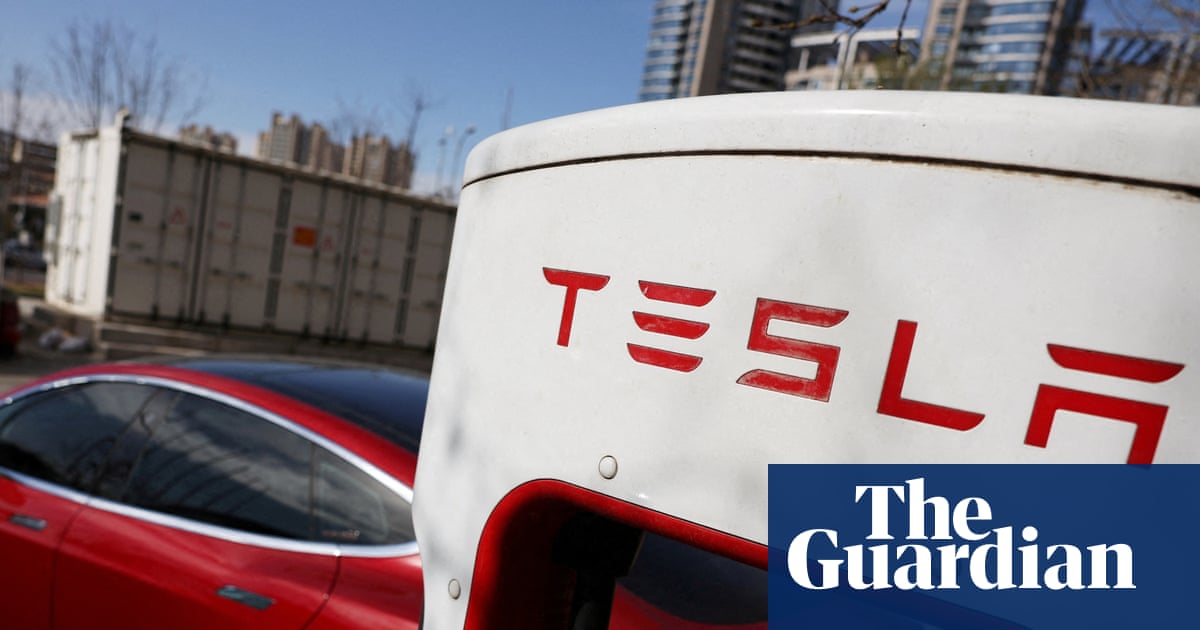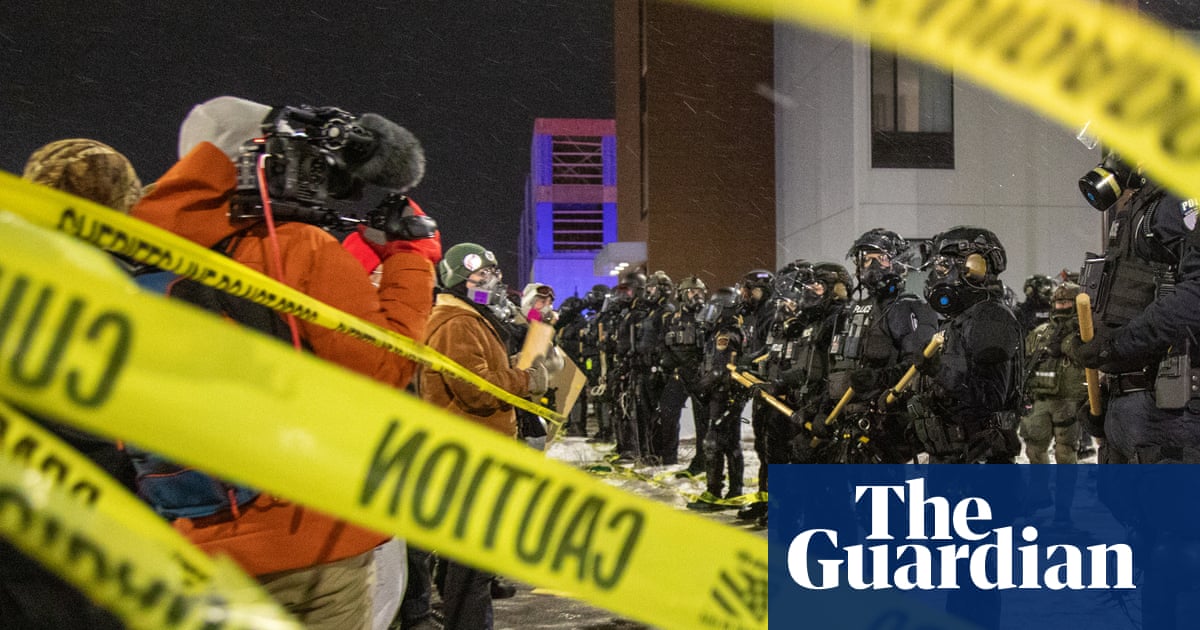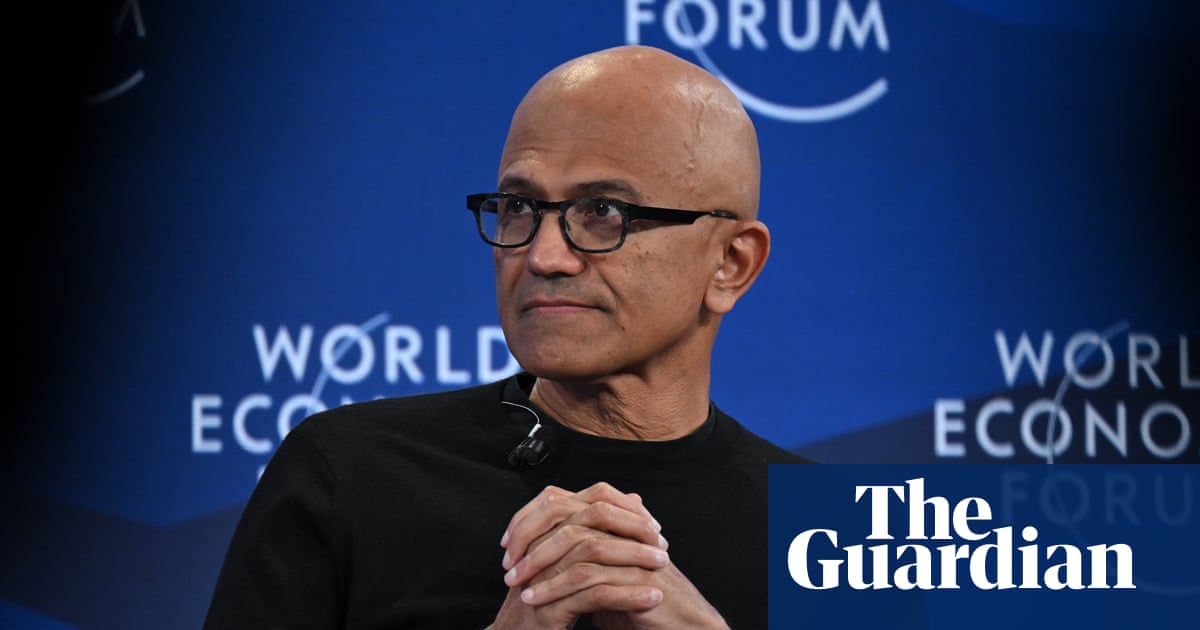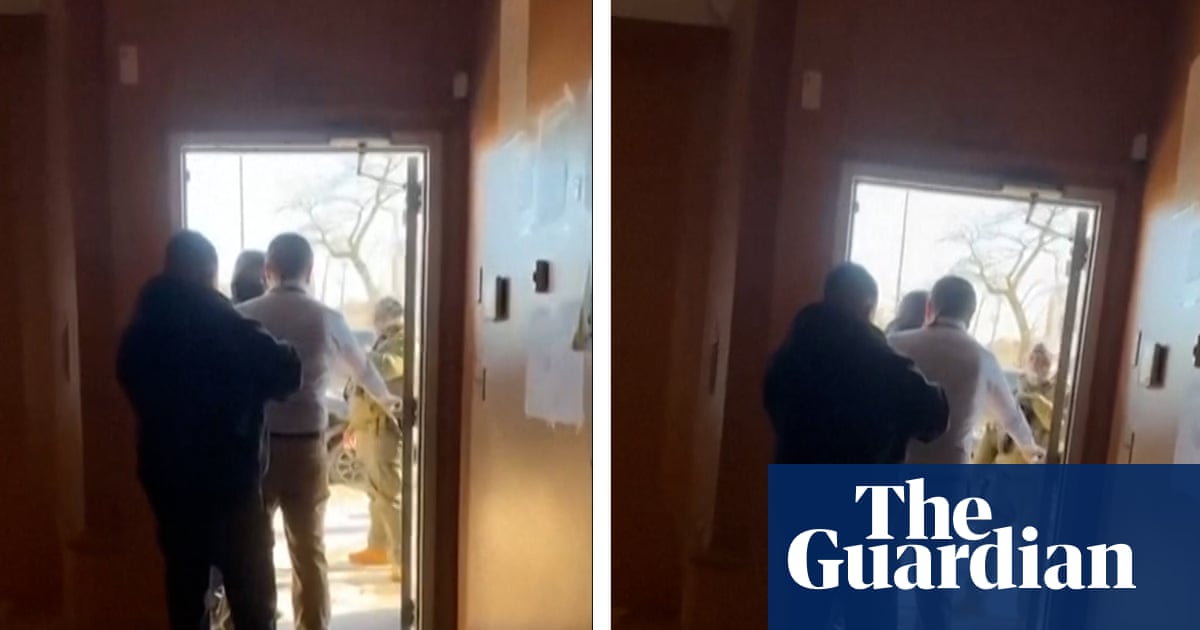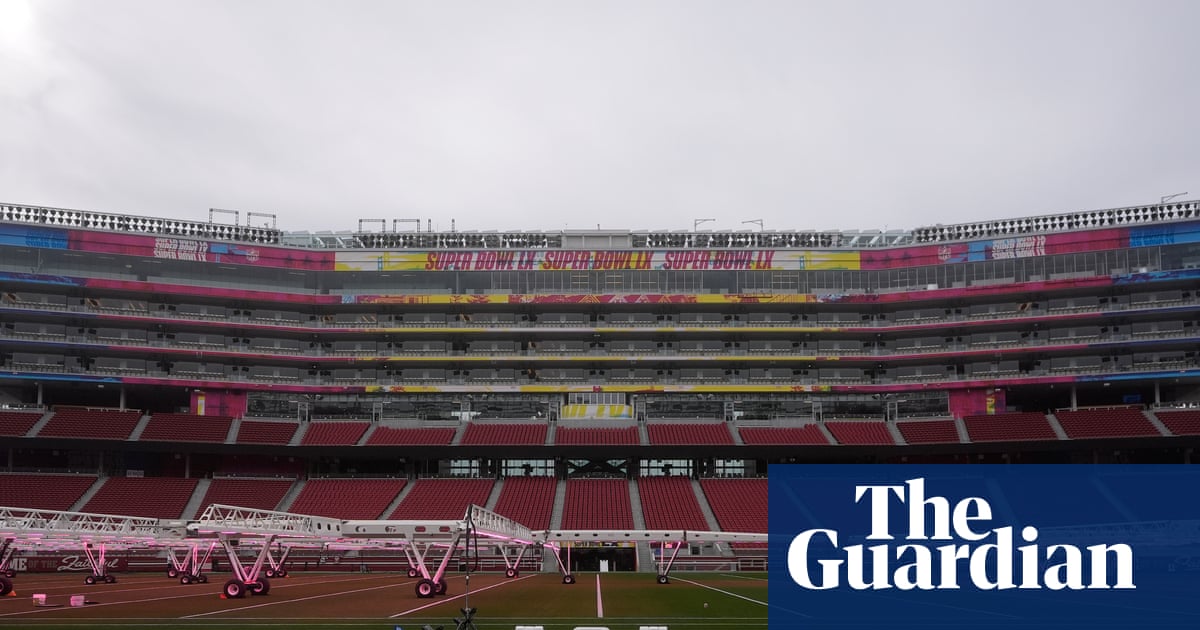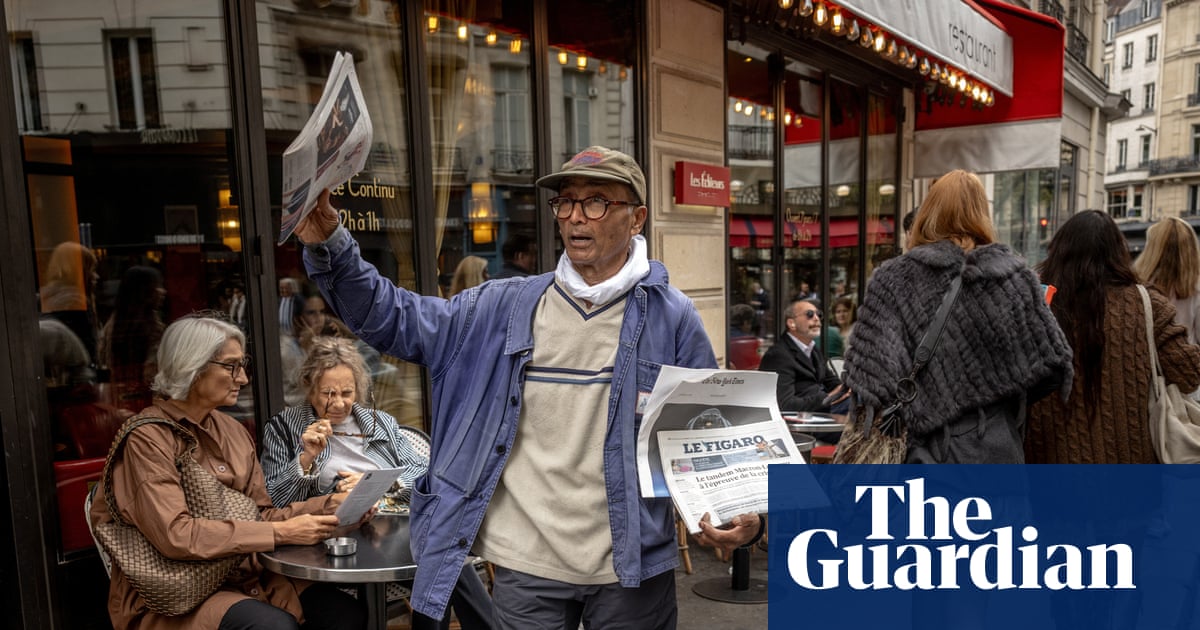We should not be surprised that Donald Trump, having had no problem aiding and abetting Israel’s genocide in Gaza, is willing to flout the law when it comes to his bellicose threats to Venezuela and his lethal attacks on nearby alleged drug-running boats. Living up to the “No Kings” fears expressed by protesters across the United States, Trump acts as if he is above the law. The only way to rein in such criminality is to show his followers the dangerous implications of his conduct.
Despite his administration’s vow to launch “no more open-ended conflicts”, Trump has summoned an aircraft carrier to the Caribbean Sea and is already sending military helicopters provocatively near the Venezuelan coast. The Trump administration denies that its goal is regime change, but that certainly seems to be the purpose, as some officials privately concede. Ousting Venezuela’s autocratic leader, Nicolás Maduro, has long been a goal of Marco Rubio, the US secretary of state.
Whether Trump’s provocations are empty threats or a prelude to an invasion, they are illegal. Nor does this saber-rattling create a bootstrap justification for Trump’s unlawful killing – murder – of suspected drug traffickers emanating from Venezuela.
The United Nations Charter, which binds all nations, prohibits “the threat or use of force” against another state unless authorized by the UN security council or undertaken in “self-defense” against “an armed attack”. Given the veto, there is no way the security council would authorize Trump to invade Venezuela. Nor can Trump construe an invasion as “self-defense” because Venezuela has not launched an “armed attack” against the United States.
But what about the doctrine of humanitarian intervention, the idea that even without security council authorization, military force might be used to stop mass atrocities? I once subscribed to that doctrine, often called the Responsibility to Protect, or R2P. Human Rights Watch, which I long led, has sought humanitarian intervention four times. But the misuse of the doctrine to justify regime change in Iraq and Libya has in effect made R2P a dead letter. Both countries were left in chaos, which is often worse than tyranny. Few invoke R2P anymore.
More to the point, even in its heyday, humanitarian intervention could be justified only as a last resort to stop ongoing or imminent genocide or comparable systematic murder. That is because only large-scale killing can justify the risks inherent in any use of military force, even for assertedly humanitarian reasons.
Maduro is indeed horrible. He has crushed opposition to his autocratic rule, stolen an election, impoverished an oil-rich nation with his incompetence, and forced nearly 8 million people – more than 20% of the population – to flee the country. But humanitarian intervention can never be justified merely to overthrow a despot, absent mass slaughter.
Trump’s fixation on Venezuela notably contrasts with his relative indifference to far more deadly armed conflicts in Sudan’s Darfur region and in eastern Democratic Republic of Congo. In Darfur, Trump has done nothing to stop the United Arab Emirates, a US ally, from arming the paramilitary Rapid Support Forces as they starve and bomb civilians. In eastern Congo, Trump oversaw a ceasefire deal, since largely honored in the breach, that blessed Rwanda’s abusive invasion, via its own troops and rebel proxy forces known as the M23, and allows Rwanda to exploit the region’s valuable minerals.
The illegality of Trump’s threats to Venezuela does not change because María Corina Machado, the Venezuelan opposition leader who is this year’s Nobel Peace Prize winner, has all but invited Trump to invade. Like the Burmese Nobel laureate Aung San Suu Kyi, who defended the Myanmar military from genocide charges against the Rohingya in her quest to become president, Machado illustrates the Nobel committee’s tendency to confuse a desire to wrest power from military rulers with a commitment to the rule of law.
In short, were Trump to invade Venezuela, it would be unjustifiable aggression, much as Vladmir Putin committed by invading Ukraine. The desire to rid the Venezuelan people of Maduro’s brutal, corrupt rule does not justify the use of military force to invade the country.
Nor does Trump’s bellicose conduct salvage the legality of his deadly attacks on suspected drug-running boats. The Trump administration has refused to release the internal legal memo that purports to justify these attacks, but officials have cited rationales that are similar to those used for the threats to invade Venezuela.
Under international law, law enforcement operations must avoid the use of lethal force except as a last resort to meet an imminent threat of death or serious bodily injury. In the past, most suspected drug-running boats have been intercepted and their occupants prosecuted. Yet Trump would have us believe that the people in the boats can now be summarily killed because they are in an “armed conflict” with the United States so can be killed like any combatant in a war.
But there is no armed conflict involving the drug cartels. They are running an illicit business, one often advanced by violent means, to be sure, but that violence is not directed against the United States. There is nothing approaching the level of armed hostilities with the United States required for the rules for warfare to be applicable.
If Trump were to invade Venezuela, the hostilities between two countries would indeed constitute an armed conflict. But that wouldn’t change the status of attacks on these boats, since the alleged drug runners are supposed members of private cartels, not combatants in the Venezuelan army.
That the Trump administration has labeled the drug cartels “narco-terrorists” doesn’t change that conclusion either. Terrorists are criminals who must be arrested and prosecuted, not summarily killed.
Nor can these boats be attacked as a matter of “self-defense”, as the administration claims, because, as noted, they are not attacking the United States or its agents. Trump speaks of 300,000 annual deaths in the United States from drug overdoses – a vast overstatement – but most US overdose deaths are due to fentanyl, which arrives via Mexico, not Venezuela or other South American countries. Venezuela is a source largely for far-less-lethal cocaine.
The summary killing of these suspects precludes the possibility of a trial to test the evidence behind the government’s claims. In any event, a conviction for drug trafficking under U.S. law carries a sentence of imprisonment, not the death penalty. Even for countries that retain the death penalty, international law allows its use only for intentional murder, not drug offenses.
When two men survived a Trump-authorized attack on a small submarine, the Trump administration released them to their home countries rather than prosecuted them. That is hardly how one would respond if these individuals really posed a dire threat, but detaining them would have enabled US courts to address the legality of their treatment as combatants – something the administration clearly wants to avoid.
The US supreme court has in effect immunized Trump for any official conduct, but other officials could be vulnerable to prosecution for these murders. To avoid that possibility, the administration’s secret legal memo purporting to justify these killings plays a nefarious role. Should they face prosecution by a future administration, these officials could say that they relied on the advice of government counsel. A prosecutor could challenge whether that reliance was in good faith, given that it was rendered by Trump partisans and shielded from public scrutiny, but the memo would complicate any future prosecution.
The international criminal court (ICC) might be less persuaded by this subterfuge. It would have jurisdiction if any of the attacks were in the waters of Venezuela or Colombia, because both are ICC members. Although the number killed remains modest by ICC standards – about 43 in 10 incidents so far – the killings could meet the prosecutor’s “gravity” test because of the dangerous precedent set if a government could justify murder by claiming to be fighting an “armed conflict” when there is none.
That Trump can concoct a war and then summarily kill people is all the more troubling as Trump deploys troops in Democratic-run cities. What would stop him from claiming to be at “war” with protesters or other critics and ordering them shot?
There seems no end to Trump’s outrages, no limit to the laws and norms he is willing to flout. But we should not mistake recidivism for normality. That Trump is a repeat offender does not make his deadly use of force any less unlawful. Murder is still murder, even if serial.
-
Kenneth Roth, former executive director of Human Rights Watch (1993-2022), is a visiting professor at Princeton’s School of Public and International Affairs. His book Righting Wrongs: Three Decades on the Front Lines Battling Abusive Governments is published by Knopf and Allen Lane

 3 months ago
49
3 months ago
49





